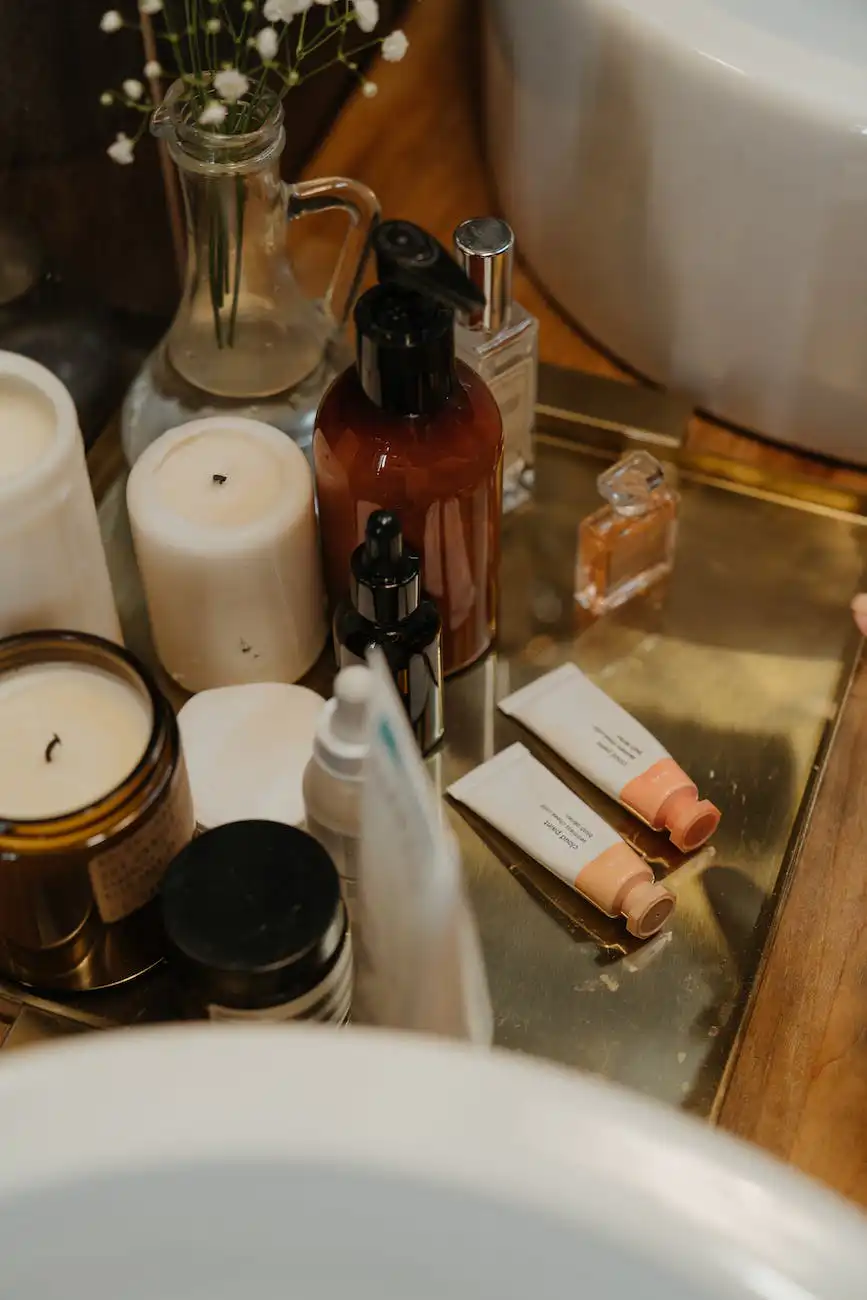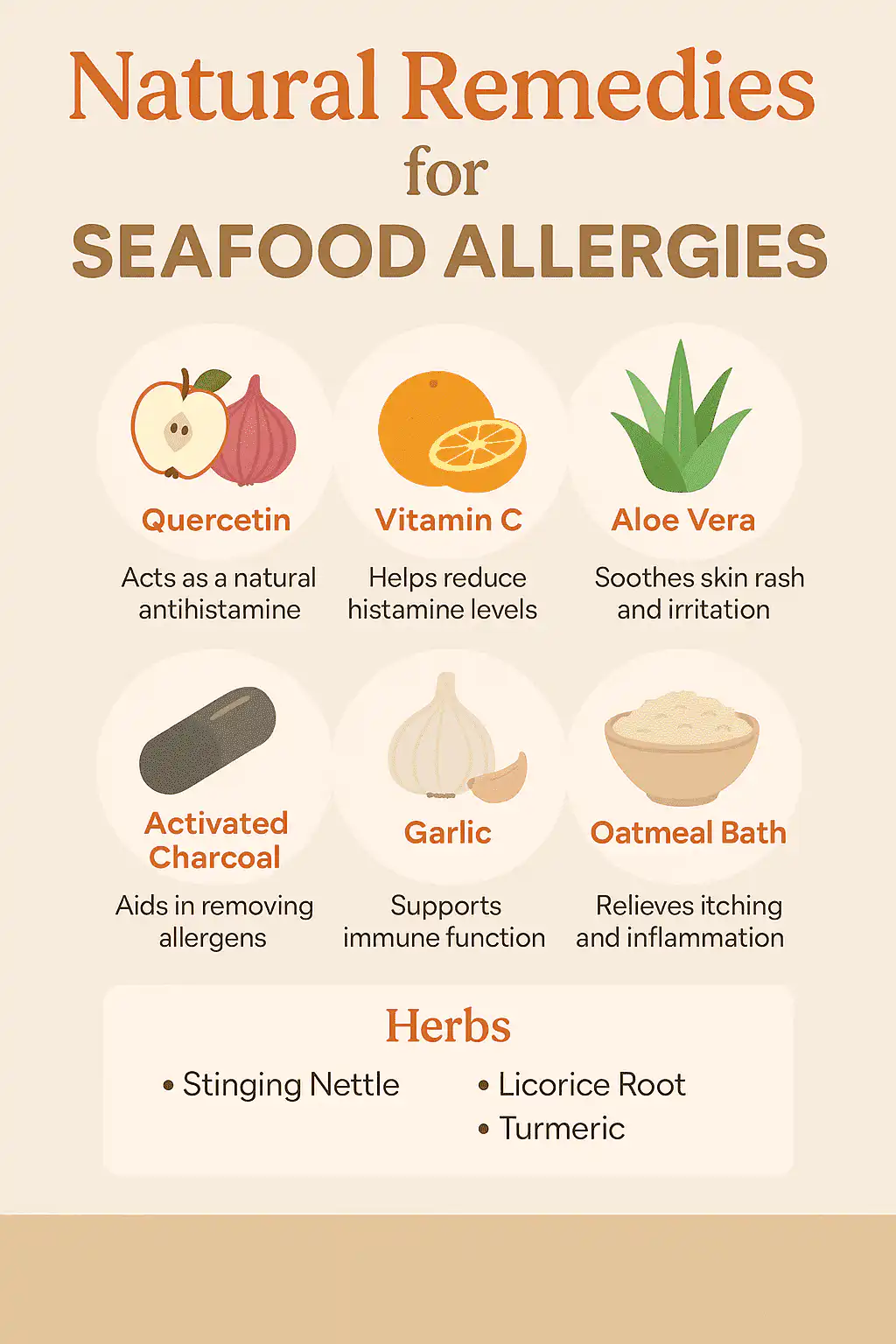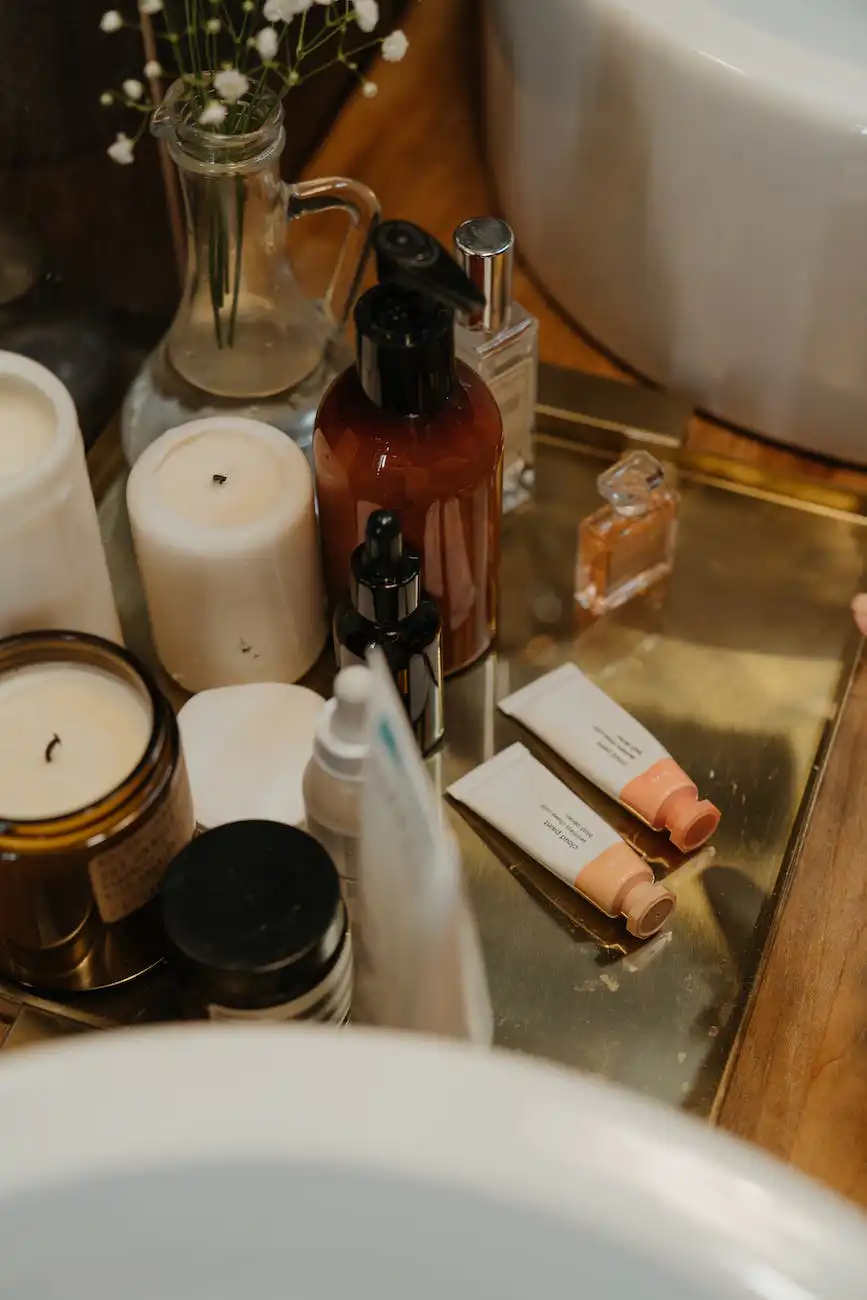Healthy is Wealthy
The Importance of Self-Care for Mental Health

Self-care is the deliberate allocation of time to activities that support our mental, emotional, and physical health. It is an essential component of a whole existence, not merely a passing phase or flashy add-on. The need for self-care is clear. A shocking 90% of Americans worry about the mental health of our country.
In this blog post, we will explore the strong link between self-care and mental health. We will provide simple steps to easily include these practices in your daily life. So, let’s journey together towards a healthier, more balanced you.
Types of Self-Care Practices
Mental self-care
Mental self-care is essential for fostering well-being and maintaining a balanced state of mind. Mindfulness practices help us stay in the present. They pull us away from regrets about the past and worries about the future. Meditation offers an oasis of tranquility, shielding us from the incessant noise of our thoughts. Techniques like deep breathing serve to instill a profound sense of calm and mental serenity.
Self-guided practices are helpful, but sometimes you really need a mental health professional’s expertise. Cognitive behavioral therapy helps people who struggle with negative thoughts and behaviors. It offers a clear way to challenge and change these patterns.
Location plays a crucial role when seeking therapy. Proximity to a therapist or therapy center can lower the stress of long commutes. This makes regular sessions easier. Life in busy cities can be stressful. Having a local therapist is very helpful, and finding one is simple. If you are in San Francisco, you can search for “therapy San Francisco.” This will help you find local experts. Having a therapy center nearby means professional help is always available. This makes the path to mental well-being easier.
Physical and emotional Self-care
Physical self-care involves more than simply a scale reading or a fitness objective when it comes to taking care of our bodies. It’s about feeling good and rejuvenating, whether you like an intense gym session or a peaceful walk in the park. Activities like these release endorphins, nature’s own mood booster. What we eat also plays a part – our food choices can fuel our energy or leave us drained. And of course, we can’t overlook the rejuvenating power of sleep. Sleeping is our body’s way of recharging, letting both our body and mind reset.
Moreover, tuning into emotional self-care means recognizing and honoring your emotions. Everyone’s journey is unique. For some, it might be about setting boundaries to keep their emotional space intact. For others, it could be expressing feelings through writing or having deep, meaningful conversations with a trusted friend. Whatever your method, it’s all about listening to and caring for your emotional self.
Social self-care is about cherishing human relationships. We’re social creatures at heart. Nurturing strong, positive bonds gives us emotional support, combats loneliness, and fosters a sense of belonging.
The Connection Between Self-Care and Mental Health
Every choice we make influences our mental health, even the small ones. Choosing self-care buffers us against life’s stressors, often the culprits behind mental health struggles. On the flip side, neglecting self-care can harm our mental state. Take, for example, a person always sacrificing sleep for work. This continuous lack of sleep can snowball into high stress, irritability, and mood dips. Life gives many examples. A parent who puts aside their passions may feel empty or resentful. A student who doesn’t take breaks might feel overwhelmed.
Incorporating Self-Care into Daily Life
We all know self-care is important, but making it a regular part of our daily routine? That’s where many of us hit a snag. Even on days when time seems scarce, remember, that self-care doesn’t need to be a long, drawn-out process. Maybe it’s as simple as a short walk outside. You could lose yourself in a song you love. Or you can take a moment to breathe and meditate. It’s about striking a balance between getting things done and looking out for yourself. And yes, there will be days that feel like everything’s piling up. When that happens, don’t see self-care as just another thing you have to do. Think of it as your secret weapon — something that boosts your mental clarity and keeps you on track even on the busiest days.
The Benefits of Prioritizing Self-Care
Committing to regular self-care routines offers a multitude of benefits. One of the first results is a better sense of mental well-being and happiness. Regular self-care moments create satisfaction. This makes life’s challenges feel less overwhelming and easier to handle.
Furthermore, when you feel recharged and at peace internally, it reflects externally. Your interactions with family and friends become more authentic and heartfelt, and your work efficiency improves.
Being well-rested and centered helps us connect better with others. It also allows us to focus on tasks more clearly.
Conclusion
Self-care is more than just a trendy term; it is key to living a balanced life. It helps us connect with our physical and emotional needs, going beyond just relaxation. When we make self-care a priority, we tell ourselves, “I matter, and my well-being is important.” This commitment builds a strong base for happiness, stability, and facing life’s challenges. This simple act can improve our personal and work relationships. Let’s remember this as we go through our busy days. We should take time to think, reflect, and care for ourselves. When we feel good, everything around us gets better.
Connected Articles
Most Popular
More In Healthy is Wealthy
Healthy is Wealthy
Support Cancer Awareness with Stylish T-shirts – Shop Now!
Healthy is Wealthy
Antioxidants for Alzheimer’s Disease
Healthy is Wealthy
Signs and Symptoms of CPTSD
Healthy is Wealthy
20 Cancer Signs People Ignore Until It’s Too Late
Healthy is Wealthy Lifestyle
Natural Cures for Seafood Allergies: What to Do When Your Skin Reacts
Healthy is Wealthy
The Importance of Self-Care for Mental Health
Healthy is Wealthy
10 Tips for Breast Cancer Prevention
Healthy is Wealthy
10 Amazing Benefits Of Meditation That Can Change Your life
So more products & engaging content
- Expression TShirts
- Hip Hop Tees
- 10 Breast Cancer Prevention Tips
- Health is Wealth Lifestyle
- My Fear is My Courage
- No Fear Angelica
- Et. Fini
- A Son’s Journey
- Lots of Love Tee
- Toile Of Triumph
- Fly Above It All
- Cancer Freedom
- Tiffany James Building Wealth
- Alzheimer’s Disease
- Sports Agent






















